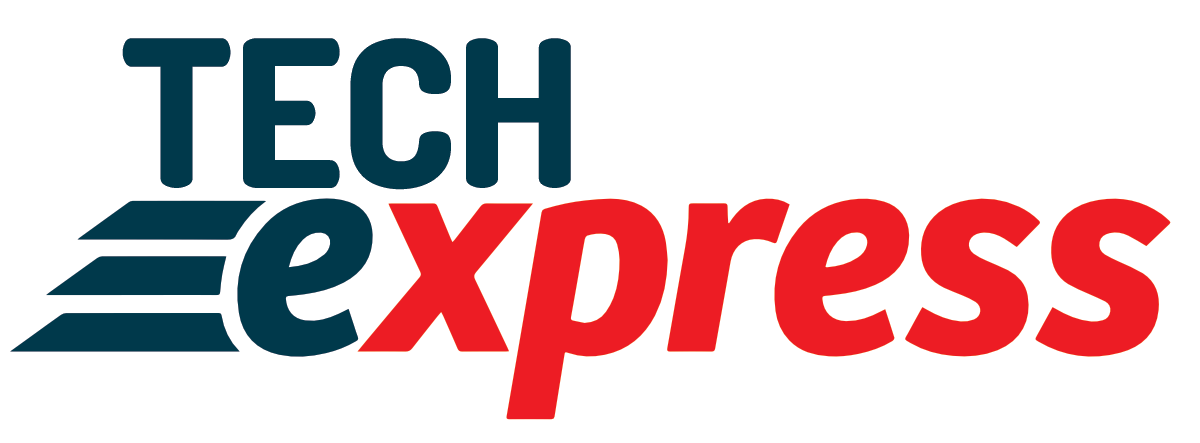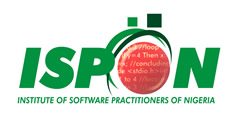Nigeria’s quest to become a global Information Communications Technology (ICT) investment haven is being threatened by the problem of software piracy. A new study reveals that commercial value of unlicensed software installed on Personal Computers (PCs) in Nigeria reached $251 million in 2011 as 82 percent of software deployed on PCs during the year was pirated.
This rate, according to new piracy study by the Business Software Alliance (BSA), made available to BusinessDay on Monday, remains unchanged from 2010, and stands at almost double the global piracy rate for PC software, which is 42 percent.
Report findings indicate that current efforts to address the negative impact of piracy on the Nigerian economy need to be continued and maximised. In the last eight years, since 2003, the piracy rates in the country have dropped a total of 2 percent, down from 84 percent in 2004. Emmanuel Onyeje, general manager, Microsoft Anglophone West Africa, told BusinessDay that only a sound intellectual property policy will help reduce piracy and the threat it poses to the growth of technology companies in the country. “In addition to strengthening the economy, sound IP policies can help reduce software piracy and counterfeiting which threaten legitimate businesses and expose consumers to the risks that come from using non-genuine software.
“Software piracy and counterfeiting tend to thrive more in places with weak IP protection”, he added. “If 82 percent of consumers admitted they shoplift — even rarely —authorities would react by increasing police patrols and penalties.
Software piracy demands a similar response: concerted public education and vigorous law enforcement,” said Dale Waterman, Corporate Attorney for Anti-Piracy for the Middle East and Africa region at Microsoft, a member of the BSA.
According to Waterman, significant reductions in software piracy rates will only become reality when the Nigerian government becomes actively involved in driving long-term educational and awareness initiatives and taking appropriate enforcement action to ensure that those that pirate face real penalties. This, according to him, will benefit the entire IT ecosystem in Nigeria. “Software piracy persists as a drain on the global economy, IT innovation and job creation,” said BSA president and CEO Robert Holleyman.
“Governments must take steps to modernise their intellectual property (IP) laws and expand enforcement efforts to ensure that those who pirate software face real consequences.” Globally, the study finds that piracy rates in emerging markets tower over those in mature markets — 68 percent to 24 percent, on average — and emerging markets account for an overwhelming majority of the global increase in the commercial value of software theft.
This helps explain the market dynamics behind the global software piracy rate, which hovered at 42 percent in 2011 while a steadily expanding marketplace in the developing world drove the commercial value of software theft to $63.4 billion.
The BSA confirmed that there are proven steps that governments around the world can take to effectively reduce software theft. According to the BSA, government must increase public education and raise awareness about software piracy and IP rights in cooperation with the industry and law enforcement.
Source: businessdayonline.com
Related posts
Subscribe
* You will receive the latest news and updates on your favorite celebrities!


